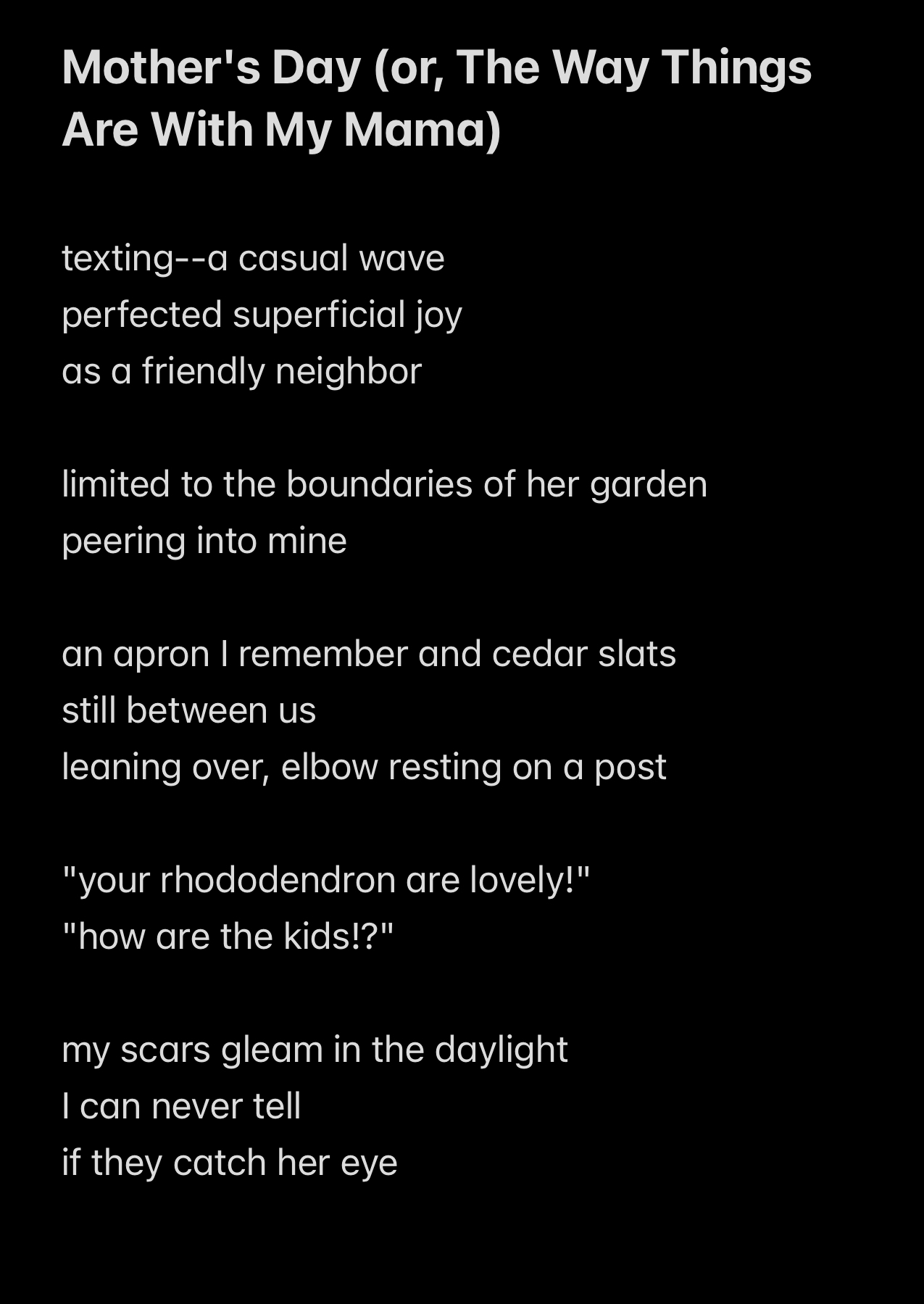When you go to the doctor, you expect they’ll listen to your concerns and help fix whatever problem you may be experiencing. But many women, especially those suffering with chronic pain conditions, find the opposite is true. This can make it difficult for women to get the treatment they need.
For instance, researchers who interviewed endometriosis sufferers on their experiences with healthcare practitioners found many struggled to get the support they needed. As one participant put it, “you need to try so hard that they believe you, because they don’t. You experience that immediately, that they don’t believe you.”
In the UK, a survey by the Wellbeing of Women charity (which invests in research on women’s health) found that over half of female respondents felt their pain had been dismissed or ignored by a healthcare professional at some point. Women in other parts of the world – including North America, Australia and Europe – report similar experiences.
There’s a clear gender gap when it comes to identifying and treating women’s pain compared to men’s. For instance, women are less likely than men to have positive treatment outcomes for chronic conditions such as angina and musculoskeletal pain.
Physicians are four times more likely to recommend a knee replacement for a man than a woman with the same knee injury. The poorer quality care women received compared to men after suffering a heart attack was to blame for 8,243 preventable deaths between 2003-2013 in England and Wales.
The dismissal of women’s pain also leads to long delays in diagnoses and treatment for conditions such as polycystic ovary syndrome (PCOS) and endometriosis.
The gender pain gap affects not only adults, but children and young people – with research showing young women are more likely to have their pain dismissed by physicians than young men.
The gender pain gap is even worse for black women, who are more likely than white women to have their pain dismissed and receive poorer pain treatment.
There also remains little research on pain treatment for gender diverse, transgender, non-binary and intersex patients which may mean these groups are even worse off when accessing treatment.
Gender pain gap
Pervasive gender stereotypes are a key reason women’s pain is underestimated. These widely held stereotypes – held even by healthcare professionals – construct men as “stoic” and women as “emotionally expressive” when in pain.
Men are thought to be less likely to seek care for pain – so when they do, they are to be believed. In actuality, this is false, with research showing men are equally likely to go to the doctor when experiencing pain as women are.
Women are also believed to have a greater capacity to cope with pain because of the pain that accompanies menstruation and childbirth. These stereotypes mean women’s pain is viewed as “natural” and “normal” – and may not be taken as seriously by a practitioner.
One study, which had healthcare professionals watch videos of female and male patients experiencing chronic shoulder pain, found practitioners were more likely to underestimate women’s pain. They also reported the women, but not the men, would benefit from psychotherapy.
Other studies have shown healthcare practitioners are sometimes more likely to prescribe sedatives than pain medication to female patients experiencing pain.
Historically, women have been underrepresented in medical research and clinical trials. In the UK, only from 2024 will it be compulsory for new GPs to have training in women’s health.
This may somewhat explain the lack of knowledge practitioners have had in regards to women’s pain and their health concerns. And, women may be given medications and treatments that have only been trialled with men – despite female patients being more likely to experience side effects from new medications.
The gender pain gap cannot be addressed until disparities in medical research and funding are. Conditions which have a disproportional affect on women (such as migraines and endometriosis) receive “much less” funding relative to their severity and prevalence, while conditions which predominantly affect men (such as HIV) receive more funding – despite their lower prevalence.
Getting the right care
Pain is never something you should accept and put up with. If you need to speak with a practitioner about your pain, there are many things you can do to ensure your voice is heard.
For example, telling your practitioner how pain affects your ability to function in your day-to-day can be more effective than trying to rate pain on a scale. Using an app or diary to track pain and related symptoms, and bringing it with you in the consultation room, can also be helpful.
If you’re comfortable, raise the issue of bias in pain care. Ask how your practitioner is ensuring you’re not part of the larger statistic of women feeling dismissed. Ask them to explain their diagnostic decision-making and how they’ve ruled out certain conditions. You can also ask them to note in your file why they haven’t made a referral for specialist care. This may be helpful if you return with the same symptoms later.
Bring a family member or friend to advocate for you if you don’t feel comfortable doing it alone. In the UK, you can also ask for a patient advocate, who will speak up for you and help you get the right care.
Addressing inadequate funding for conditions that affect women, improving training for practitioners and increased awareness of the gender pain gap, will all help ensure women in pain are no longer dismissed.


